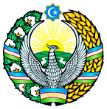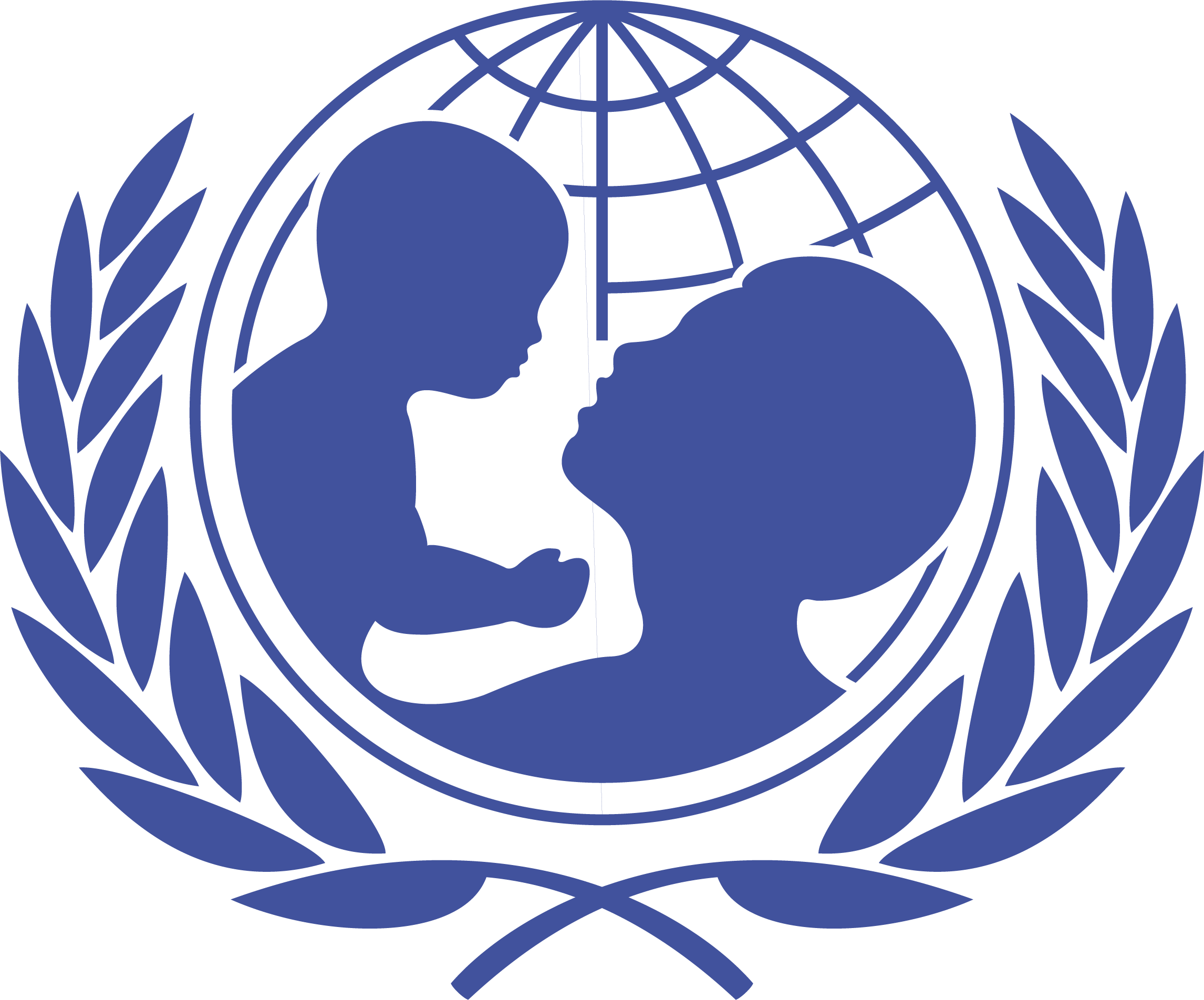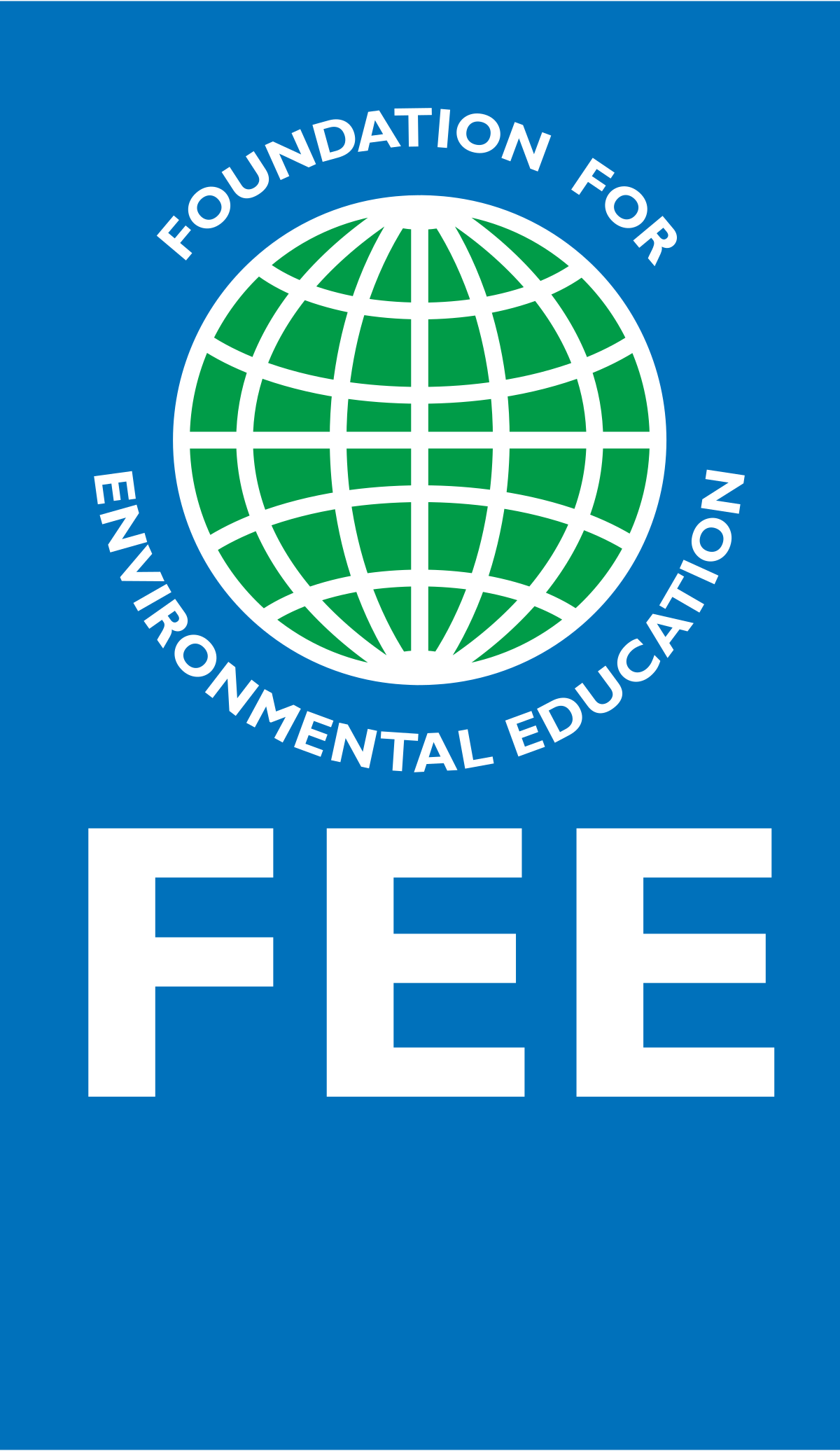Consultative committee on the Environmental Agenda among Central Asian and Turkic countries, based in Global Youth Office in Tashkent, was established to promote cooperation between the youth organizations of these countries in the field of ecology. The committee aims to develop effective regional cooperation, support youth participation in the environmental agenda, and create conditions for information exchange and the organization of joint projects.

We, the youth of Central Asia, Azerbaijan, Türkiye, and Hungary, assert that youth participation is essential in addressing the challenges posed by climate change. We believe promoting transboundary solutions and regional youth collaborations will lead to more effective climate action in our region. We emphasize the importance of youth involvement in climate processes at all levels—nationally, regionally, and globally.
We demand the provision of platforms for efficient regional collaborations and the provision of funds to implement youth-led initiatives in the region.
Strategy
International strategy to promote a culture of sustainable development and involvement of children and youth in the climate agenda for 2024-2030
In 2024 young people from Central Asia Azerbaijan, Türkiye and Hungary came together to develop a Youth Statement with the recommendations on increasing access to environmental education, green skills and youth participation in climate agenda. These recommendations were reflected in the “International Strategy to Promote a Culture of Sustainable Development and Involvement of Children and Youth in the Climate Agenda for 2024-2030”. In response to the recommendations provided by young people, it is proposed to establish an International Network of Young Climate Activists. Across our region, young people are already at the forefront of climate action. They are bringing passion, ideas, and innovative solutions. They have different backgrounds, but they have a common goal: a thriving, resilient world for generations to come.
Transboundary eco system – Transboundary Protected Area (TBPA) is an ecological (natural) protected area that covers the border of more than one country. TBPAs also encourage tourism, economic development, and goodwill between neighboring countries. TBPAs exist in various types of geographic configurations, with varying levels of environmental protection, and with varying levels of international cooperation.
President Shavkat Mirziyoyev reviewed the presentation of projects related to the recycling of household waste, electricity generation, and the production of related products.
31.10.2024
Participants of the International Youth Environmental Camp, along with Ziroat Mirziyoyeva and guests, visited the Zarafshan National Nature Park in the Samarkand region.
28.10.2024
Engaging youth in addressing climate issues is a crucial step towards safeguarding our future!
31.10.2024









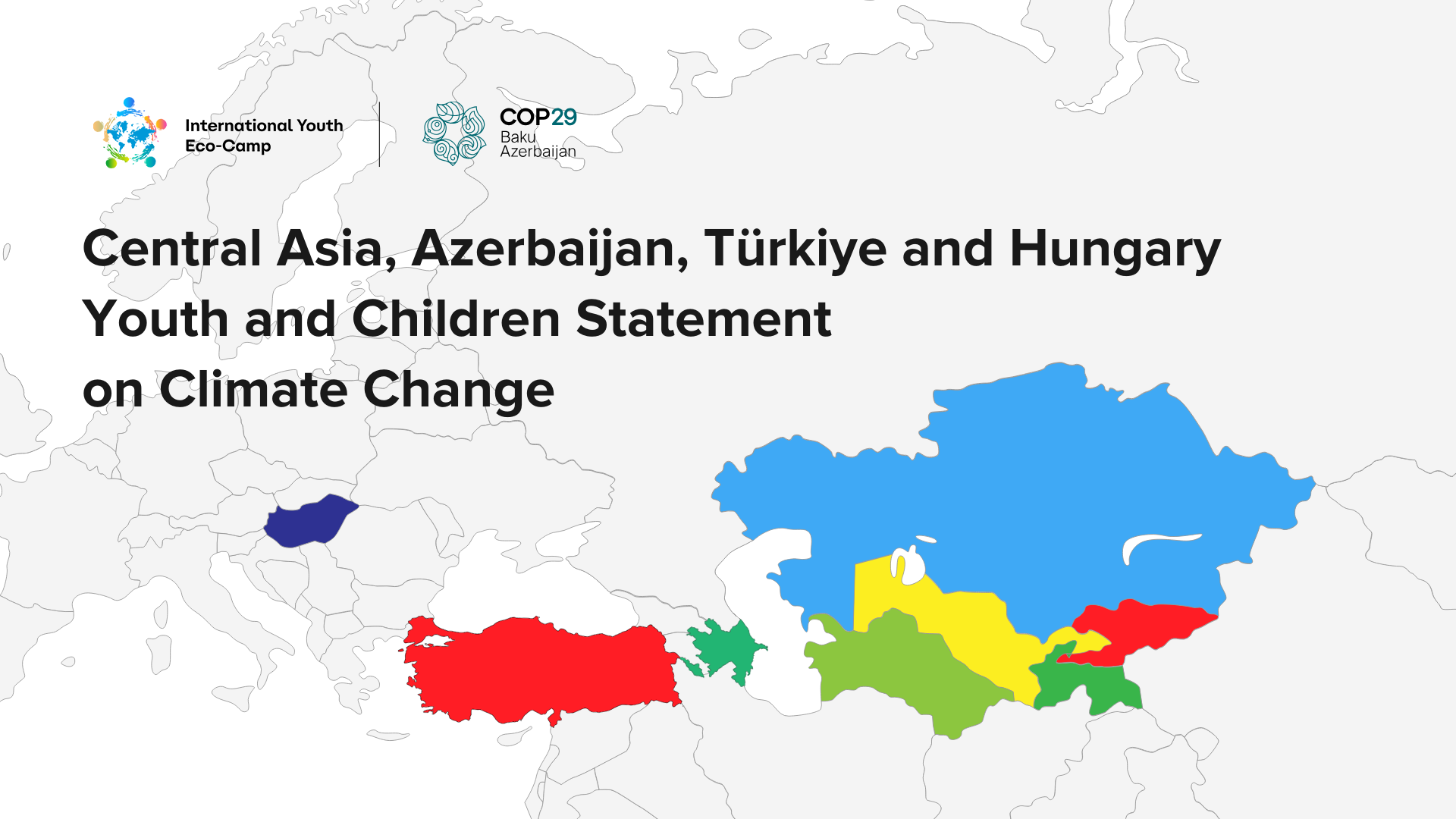






.png)







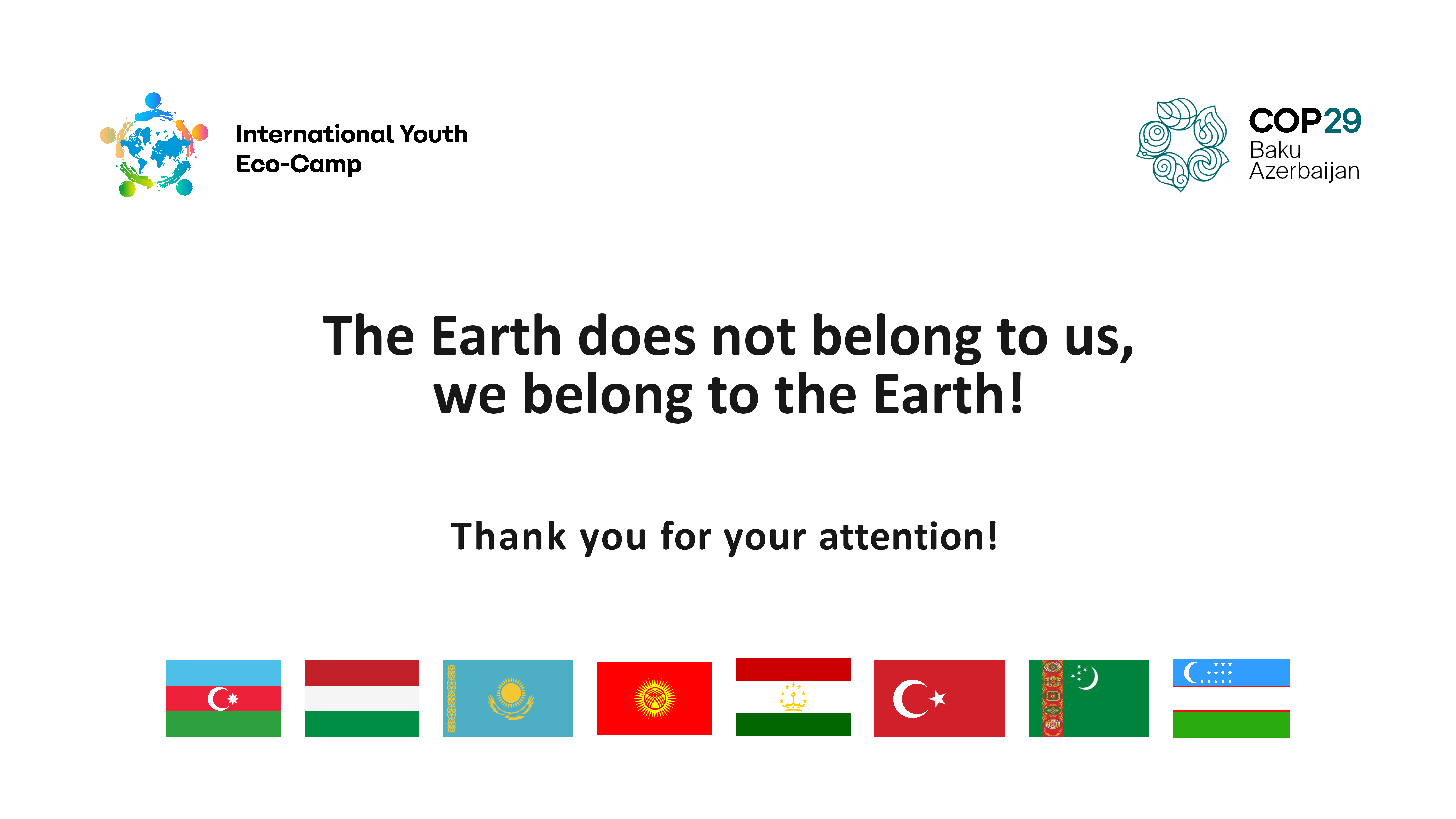
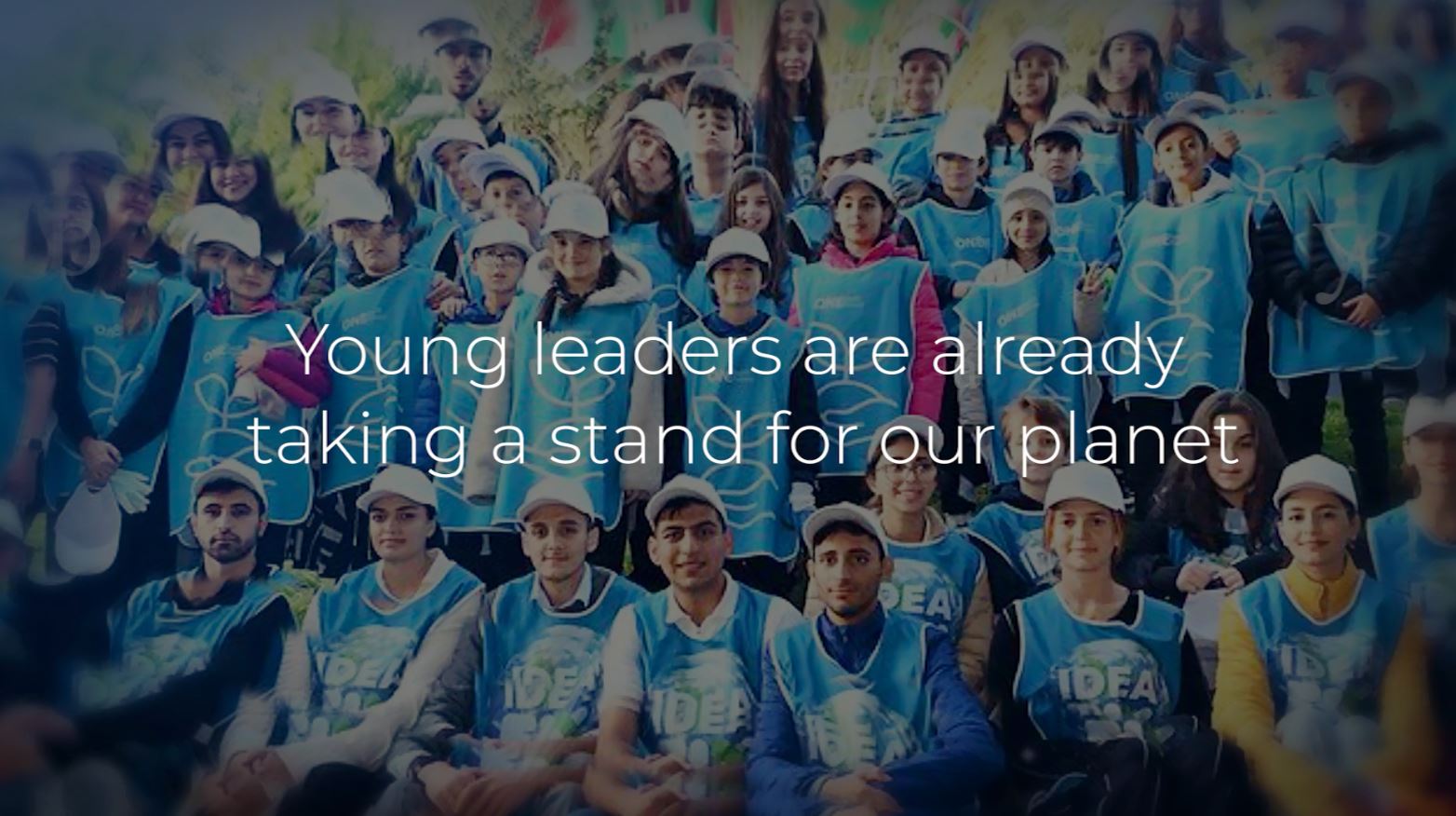

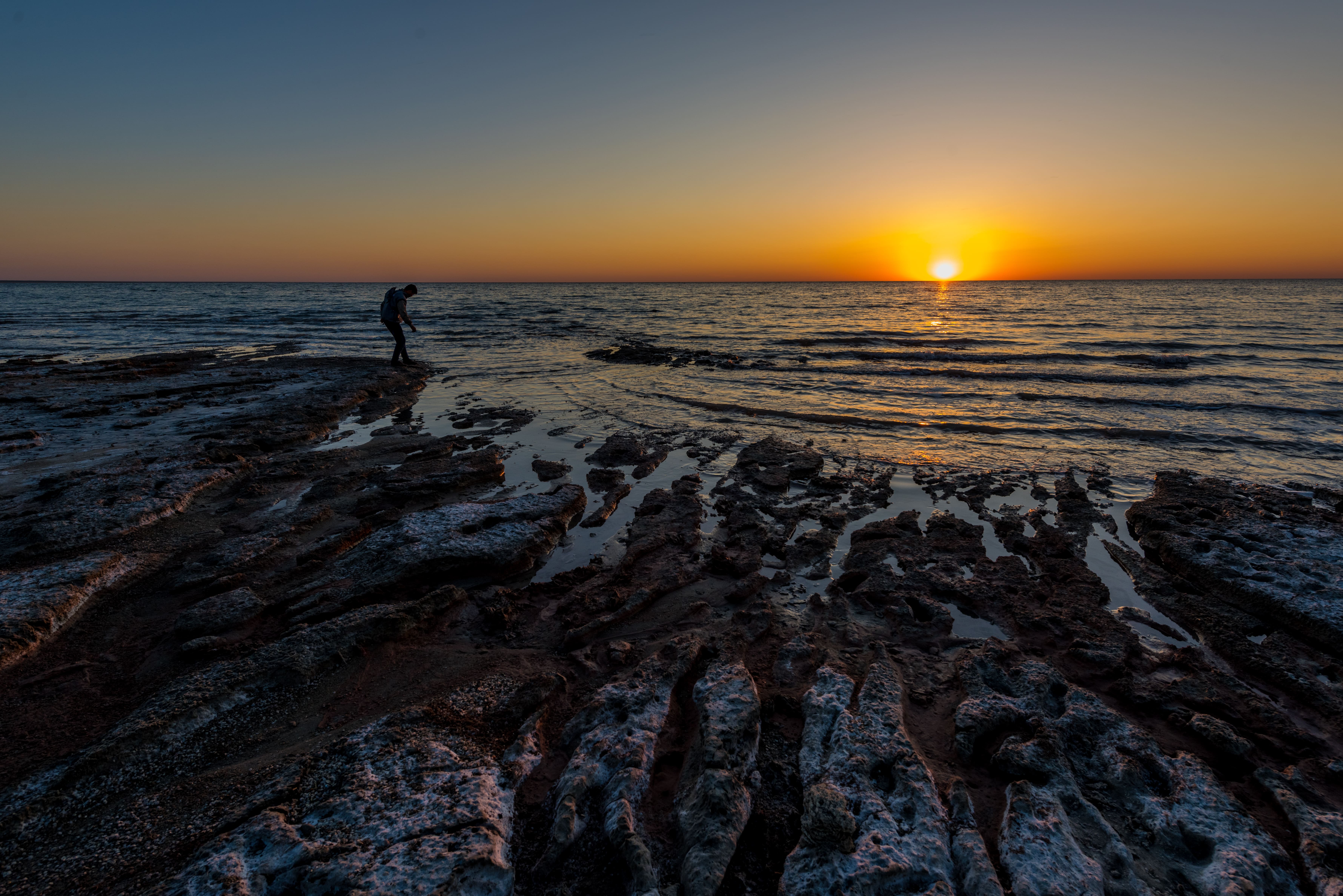


.svg)
